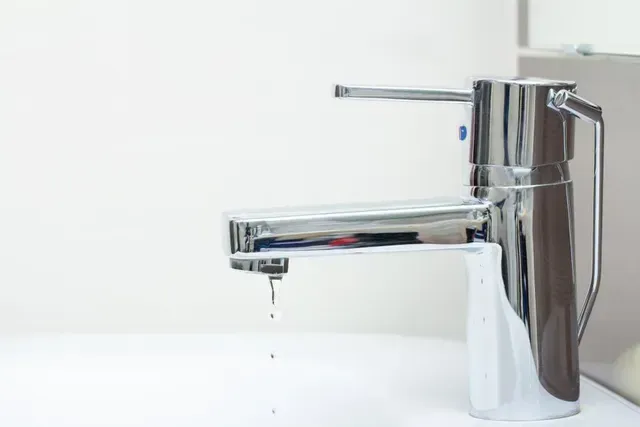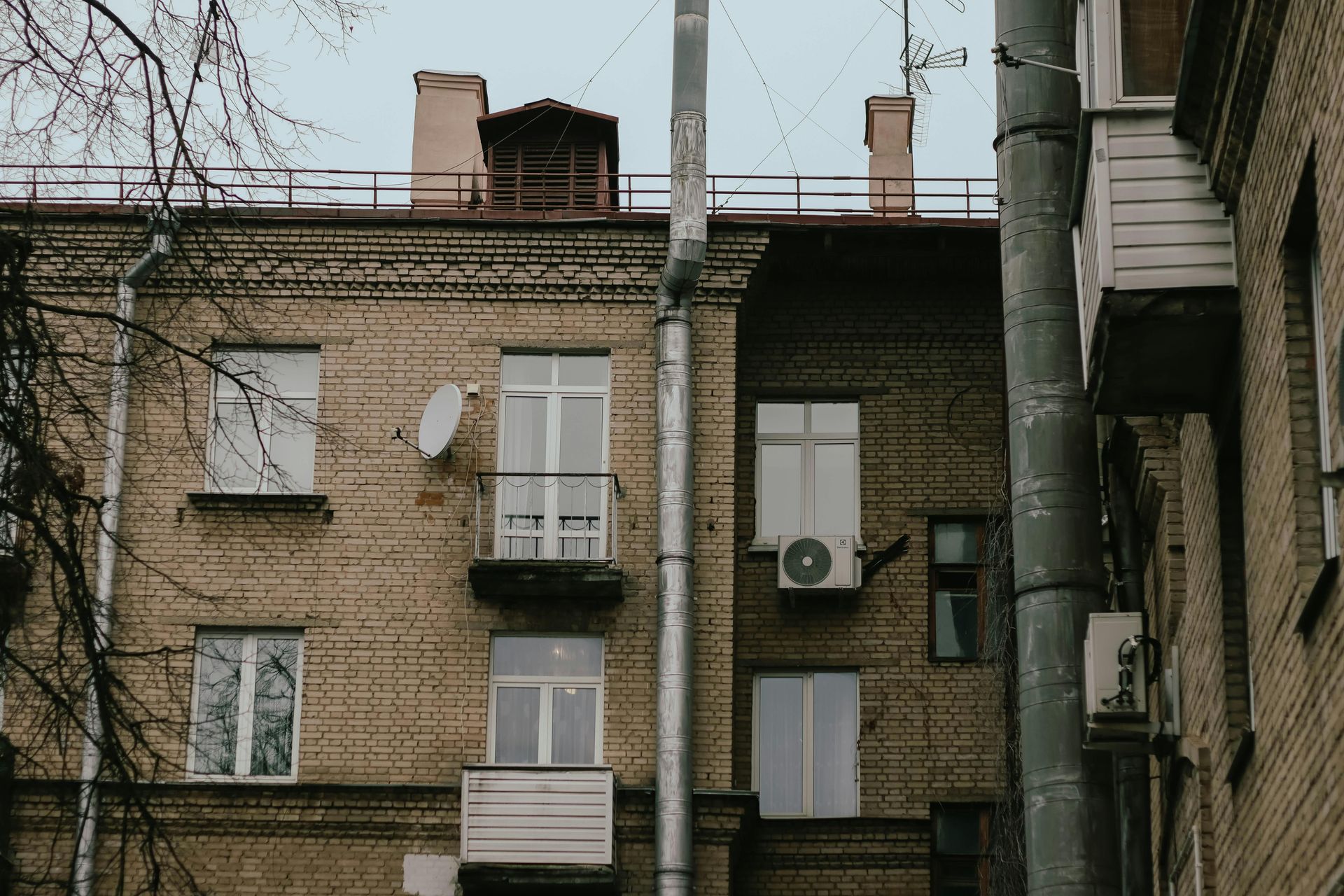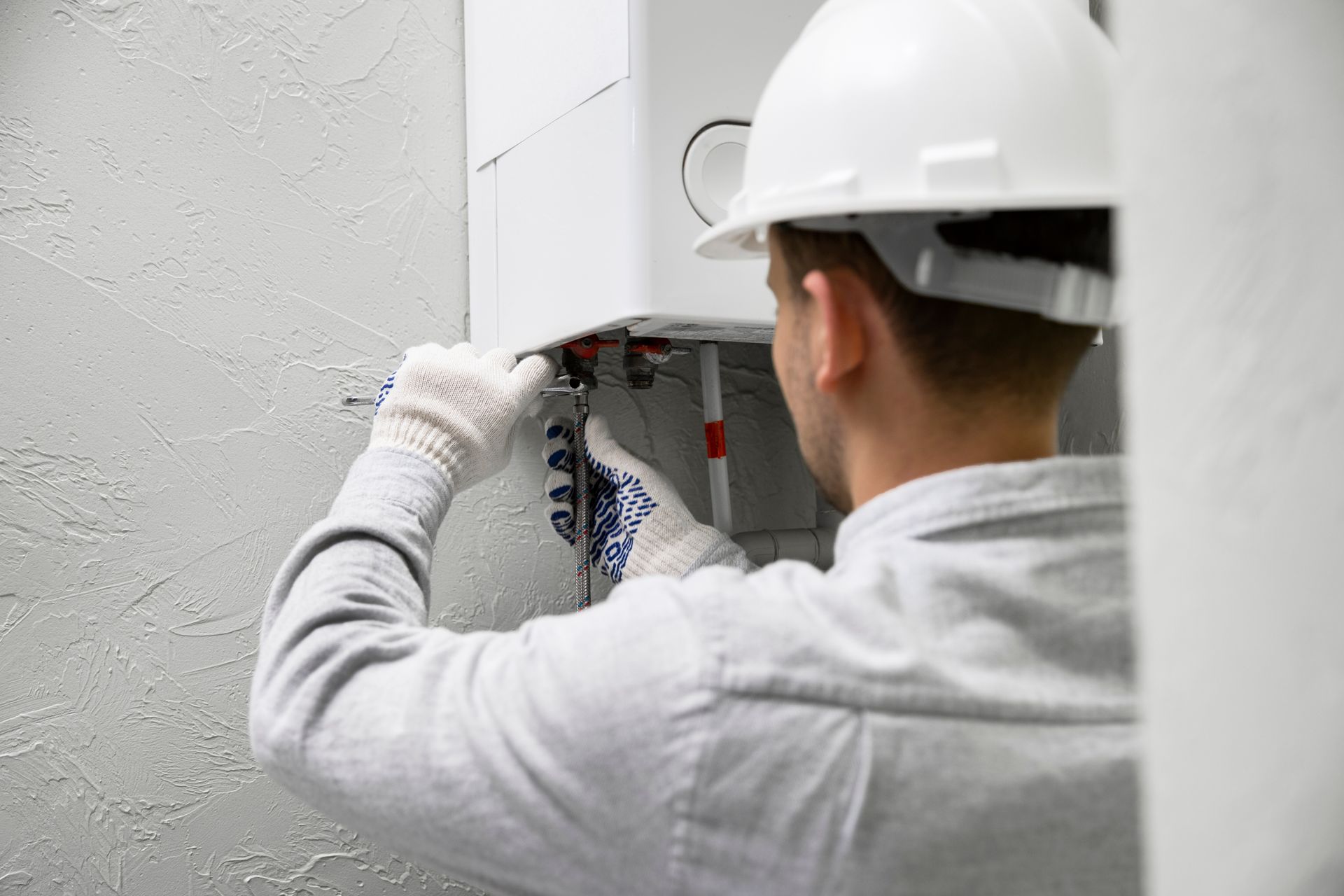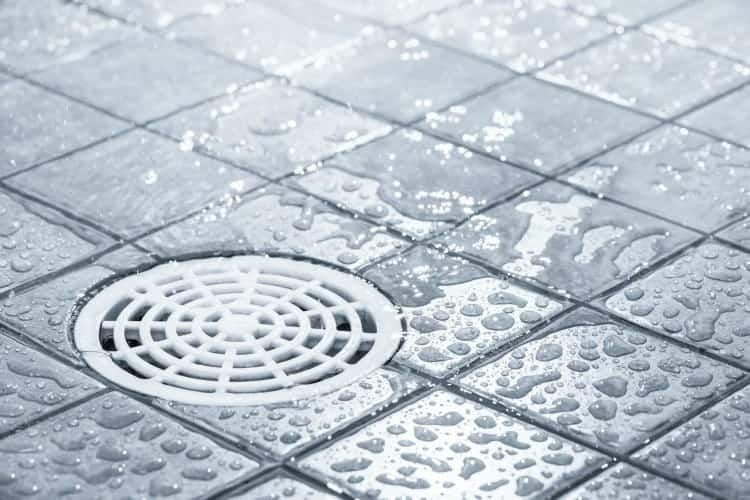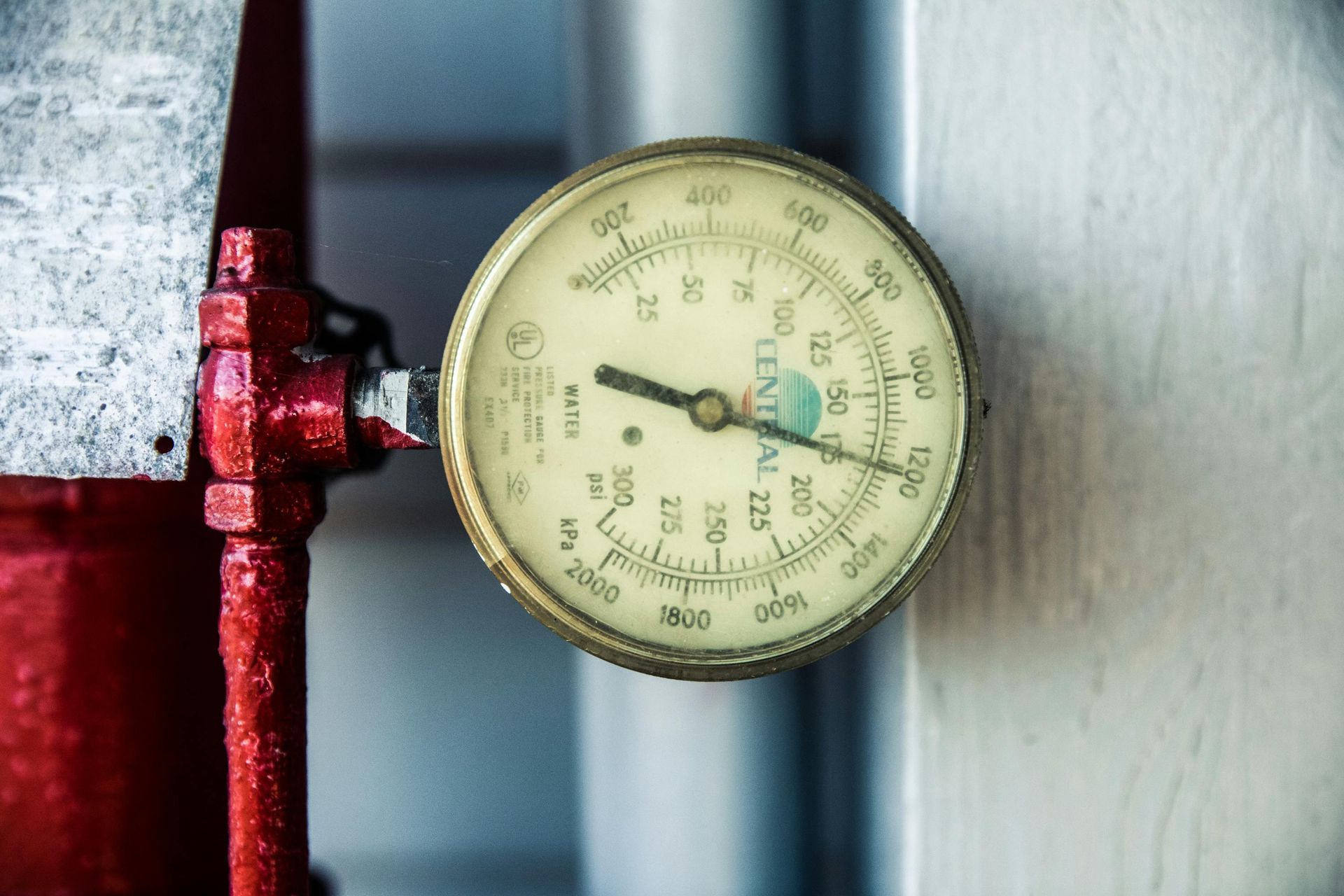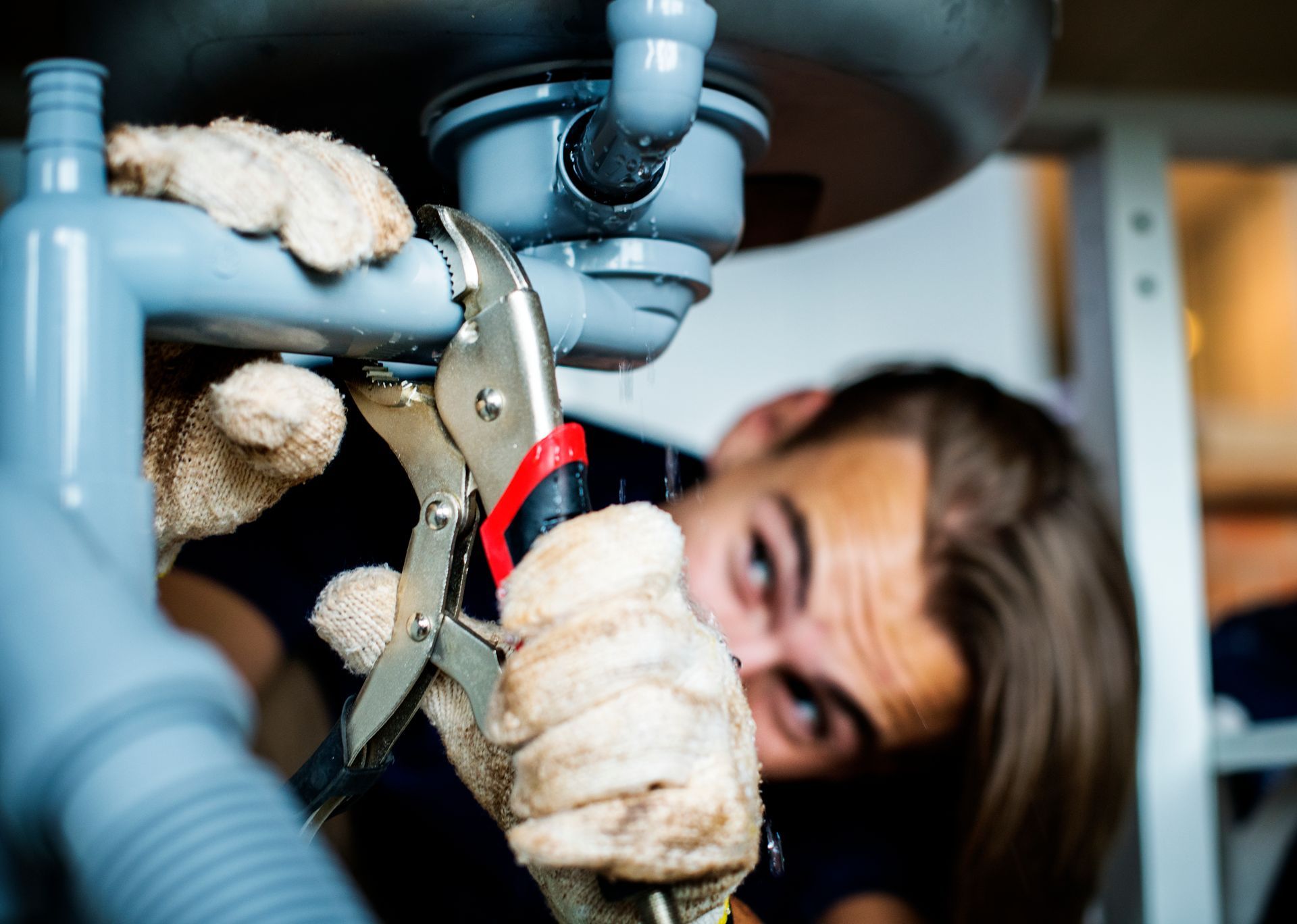Plumbing Safety Gear: Protecting Yourself During Home Repairs
Plumbing repairs are a common part of home maintenance, but they come with significant risks that must be managed carefully to avoid injury and ensure job success. Whether you are a homeowner handling minor fixes or a professional navigating complex tasks such as sewer line replacement or playing the plumber's role in home renovation, wearing the appropriate safety gear is crucial. Licensed plumbers stand out from the rest by their strict adherence to safety protocols and use of proper protective equipment. This comprehensive article explores the essential plumbing safety gear needed during home repairs, detailing how each piece protects workers and enhances safety on the job.
The Importance of Plumbing Safety Gear
Plumbing involves exposure to sharp tools, heavy equipment, harmful chemicals, contaminated water, and confined spaces with potential hazardous gases. Without proper safety gear, injuries such as cuts, electrical shocks, burns, eye damage, respiratory problems, or slips and falls can occur. Safety gear helps reduce these risks, enabling plumbers and homeowners alike to work confidently and efficiently.
Professionals like All City Plumbers emphasize that safety gear is not optional—it's fundamental to plumbing work. Moreover, using the right gear protects the integrity of major tasks including garbage disposal repair and replacement, where exposure to electrical components and sharp blades presents unique dangers.
Essential Personal Protective Equipment (PPE) for Plumbing Repairs
Protective Gloves
Gloves are a plumber’s first line of defense against cuts from sharp edges, exposure to chemicals (such as drain cleaners), and contact with contaminated water. Heavy-duty, waterproof gloves with good grip help prevent slips and protect hands from infections or irritations. For electrical repairs (e.g., garbage disposal repair and replacement), insulated gloves provide necessary shock protection.
Eye Protection
Safety glasses or goggles shield the eyes from flying debris, splashing water, and chemical sprays. Plumbing jobs often involve working under sinks or in tight spaces where particles can easily enter the eyes. Licensed plumbers always wear eye protection to prevent injury.
Respiratory Protection
In some plumbing scenarios, such as working in confined basements or sewer line replacement, harmful gases like methane or hydrogen sulfide can accumulate. Respiratory masks or respirators protect workers from inhaling toxic fumes, dust, and mold spores. Proper ventilation combined with respiratory protection is vital.
Durable Clothing and Coveralls
Coveralls or work clothes made from durable, breathable materials protect the skin against cuts, abrasions, and chemical splashes. In addition, sturdy work boots with non-slip soles reduce the risk of slips on wet surfaces or falling objects.
Hearing Protection
Plumbing repairs sometimes involve loud power tools, especially during demolition or break-in phases of a home renovation. Earplugs or earmuffs help prevent hearing loss due to sustained exposure to noisy equipment.
Knee Pads
Plumbers often spend long hours kneeling in tough positions under sinks or on hard surfaces. Quality knee pads reduce strain and injury, improving comfort and work efficiency during extended projects.
Specialized Safety Gear for Higher Risk Plumbing Tasks
Certain plumbing jobs come with elevated hazards requiring additional safety gear and equipment:
- Gas Detectors: For sewer line replacement or enclosed spaces, portable gas detectors alert to dangerous gases like carbon monoxide or sewer gases, ensuring safe working conditions.
- Electricians’ Tools: During projects such as garbage disposal repair and replacement, insulated tools prevent electrical shocks.
- Fire-Resistant Blankets and Cloths: Used when soldering copper pipes or heat welding, these prevent accidental fires and burns.
Best Practices: Integrating Safety Gear Into Plumbing Work
Safety gear is most effective when combined with safe work habits. Before beginning repairs, shut off the water and electricity supply to the work area to eliminate risks of flooding or electric shock. Use proper tools for the job to minimize error and injury. Avoid rushing, which can lead to accidents. Maintain a clean, organized workspace to prevent slips and trip hazards.
Licensed plumbers integrate safety training, proper gear, and protocol adherence into their routine, setting standards that homeowners can learn from. For example, when All City Plumbers undertake home renovation jobs, they carefully coordinate safety gear usage alongside their skilled workmanship.
When to Call Professional Assistance
While homeowners can handle minor fixes with appropriate safety gear, major or risky plumbing work such as sewer line replacement or complex garbage disposal repair and replacement should be left to licensed professionals. Skilled plumbers not only bring expertise but also full safety compliance, reducing risks and ensuring code compliance.
Conclusion
Plumbing safety gear is indispensable for protecting yourself during home repairs. From gloves and eye protection to gas detectors and insulated tools, each gear component plays a vital role in minimizing injury and exposure to hazards. Licensed plumbers stand out from the rest by combining superior craftsmanship with rigorous safety standards, contributing to safer home environments during renovations and repairs.
Following the example of expert teams like All City Plumbers, homeowners should invest in essential safety gear and understand their limits, knowing when to call in professionals for safe, efficient plumbing solutions.


